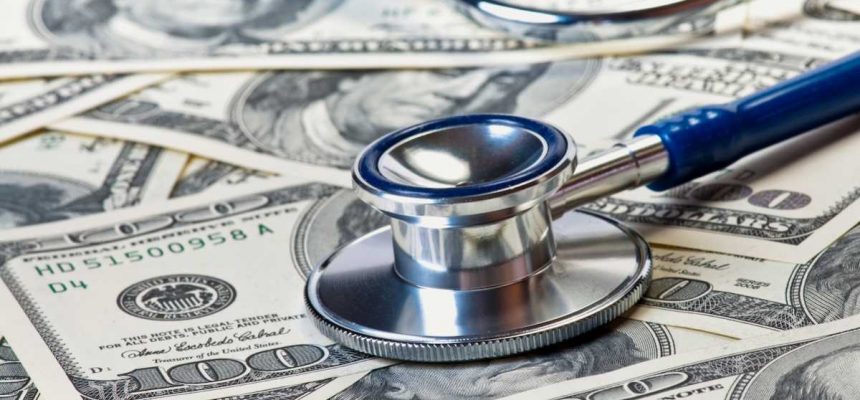Medical Debt May Increase if Certain Federal Programs End
By Consumers for Quality Care, on May 25, 2022

While research showed that medical debt dropped during the COVID-19 pandemic, experts warn that this trend could reverse if certain federal programs, which expanded access for millions of Americans to obtain health insurance during the pandemic, end, according to reporting from CNBC.
The Urban Institute found that medical debt dropped from 23.6 percent reported in March 2019 to 16.8 percent in April 2021 among American adults under the age of 65. Researchers did note that if federal programs that expanded access to health insurance coverage during the pandemic end, consumers may find themselves unable to afford the medical care they need.
“Without further policy action, the risk of medical debt may increase again as health-care use rebounds and the remaining [pandemic] relief measures expire,” the research paper said.
Legislation enacted during the pandemic expanded the eligibility for Medicaid, as well as subsidies for consumers to access health insurance through the health insurance marketplace. However, research from the Kaiser Family Foundation found that up to 14 million consumers could lose their Medicaid enrollment after the public health emergency ends, which could be as soon as the fall.
Additionally, the temporary subsidies through the health insurance marketplace are set to expire at the end of the year. Roughly 13 million of the 14.5 million people who are insured through the exchange receive these subsidies to help pay for their coverage.
CQC urges the administration and lawmakers to act so that consumers will be able to access affordable, high-quality health insurance and avoid crushing medical debt.



